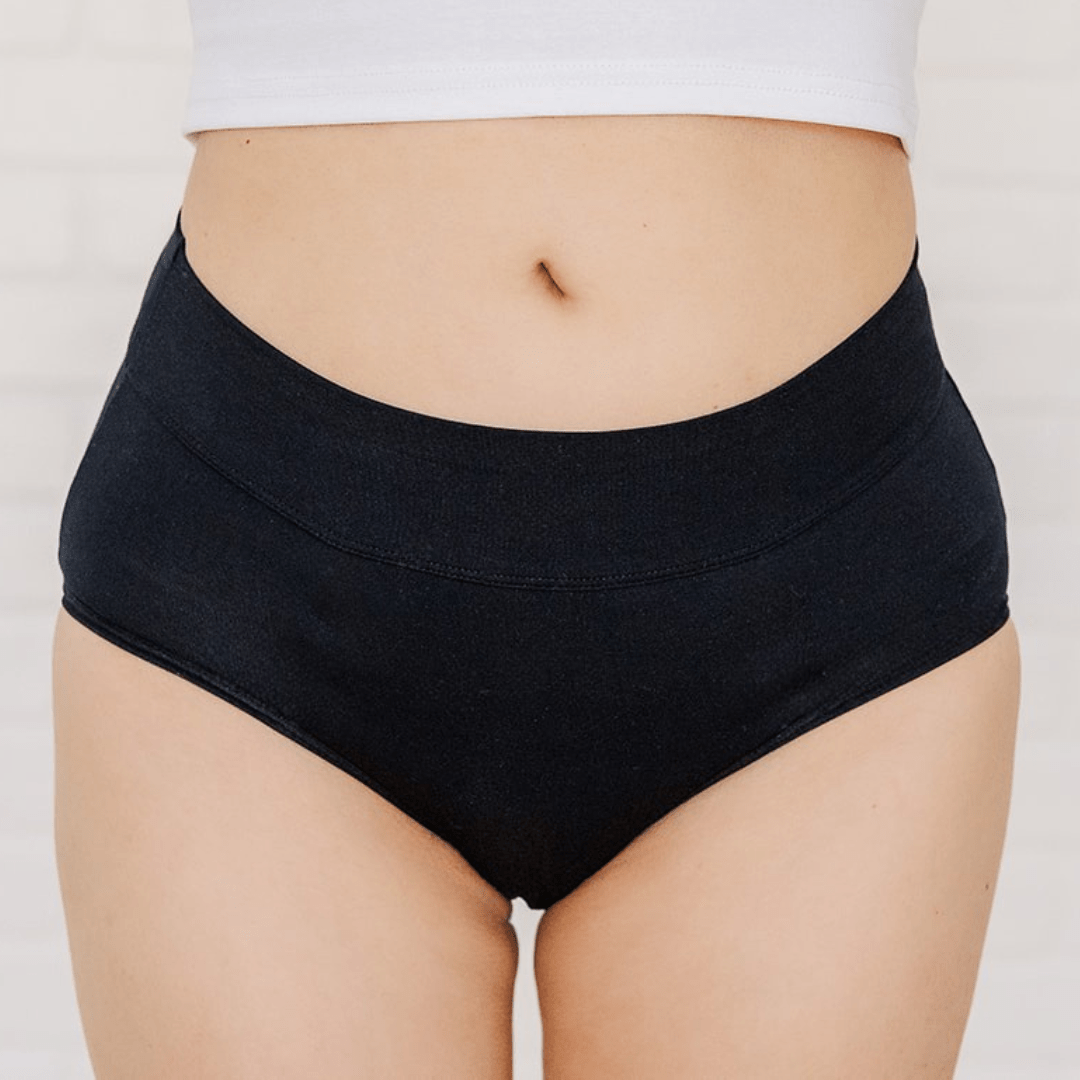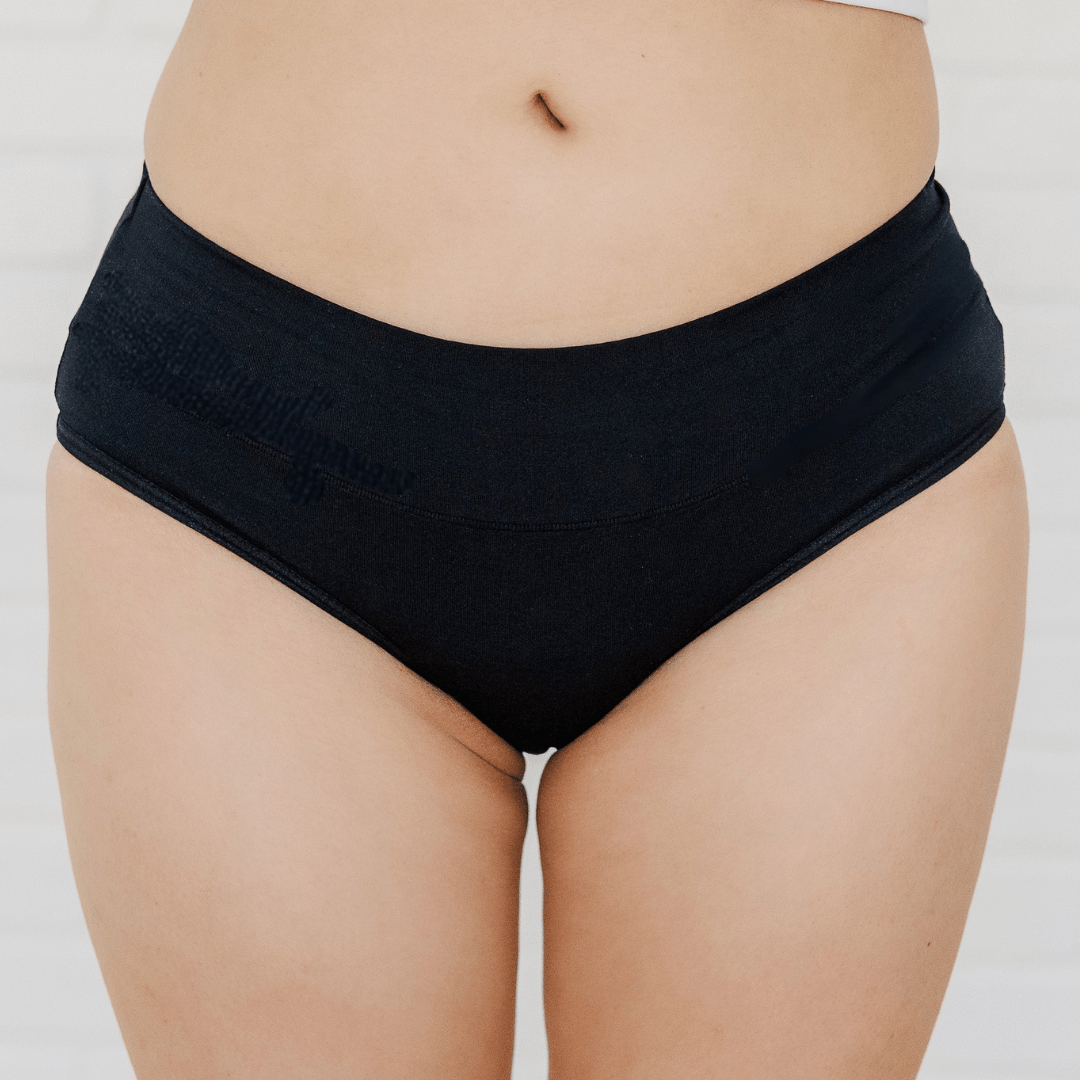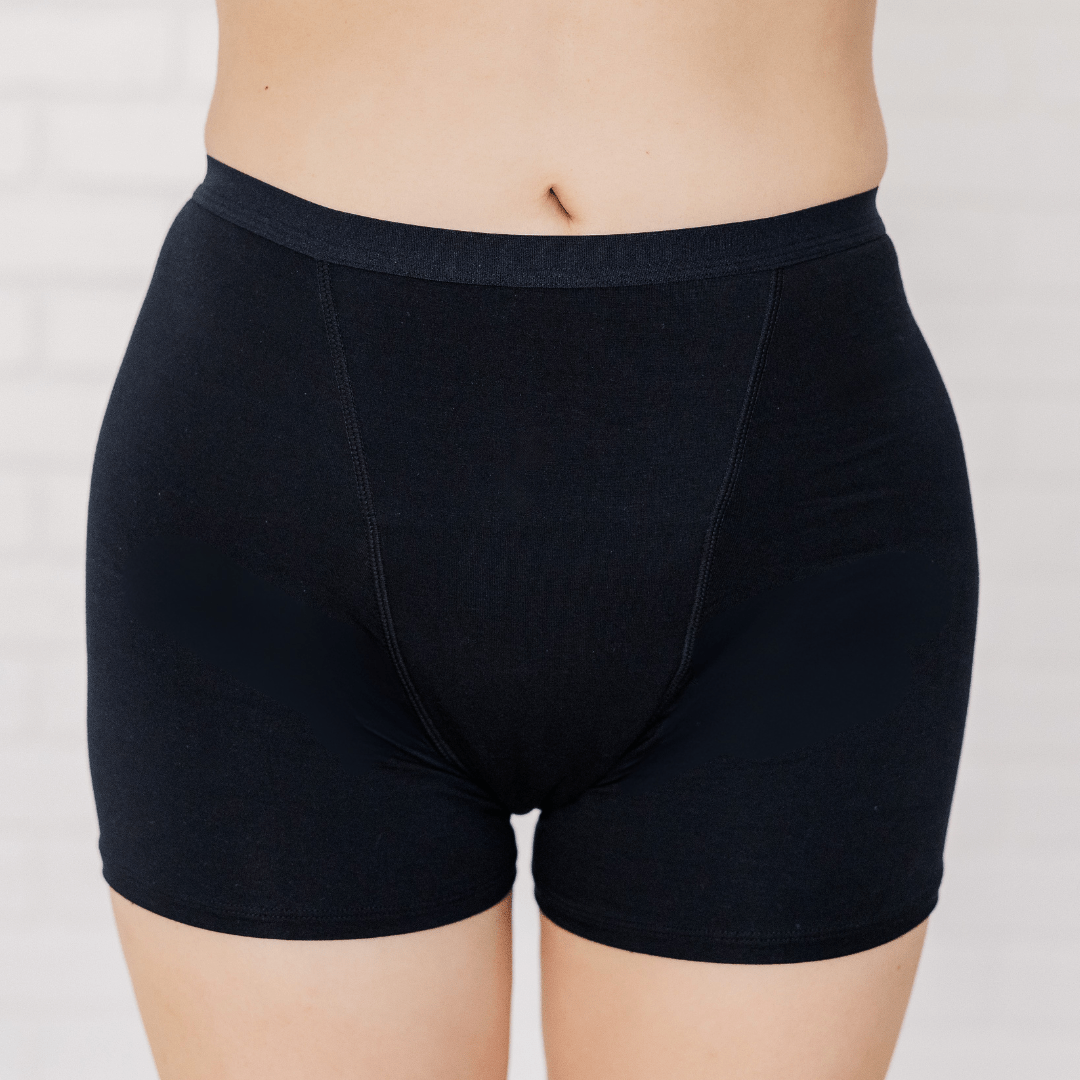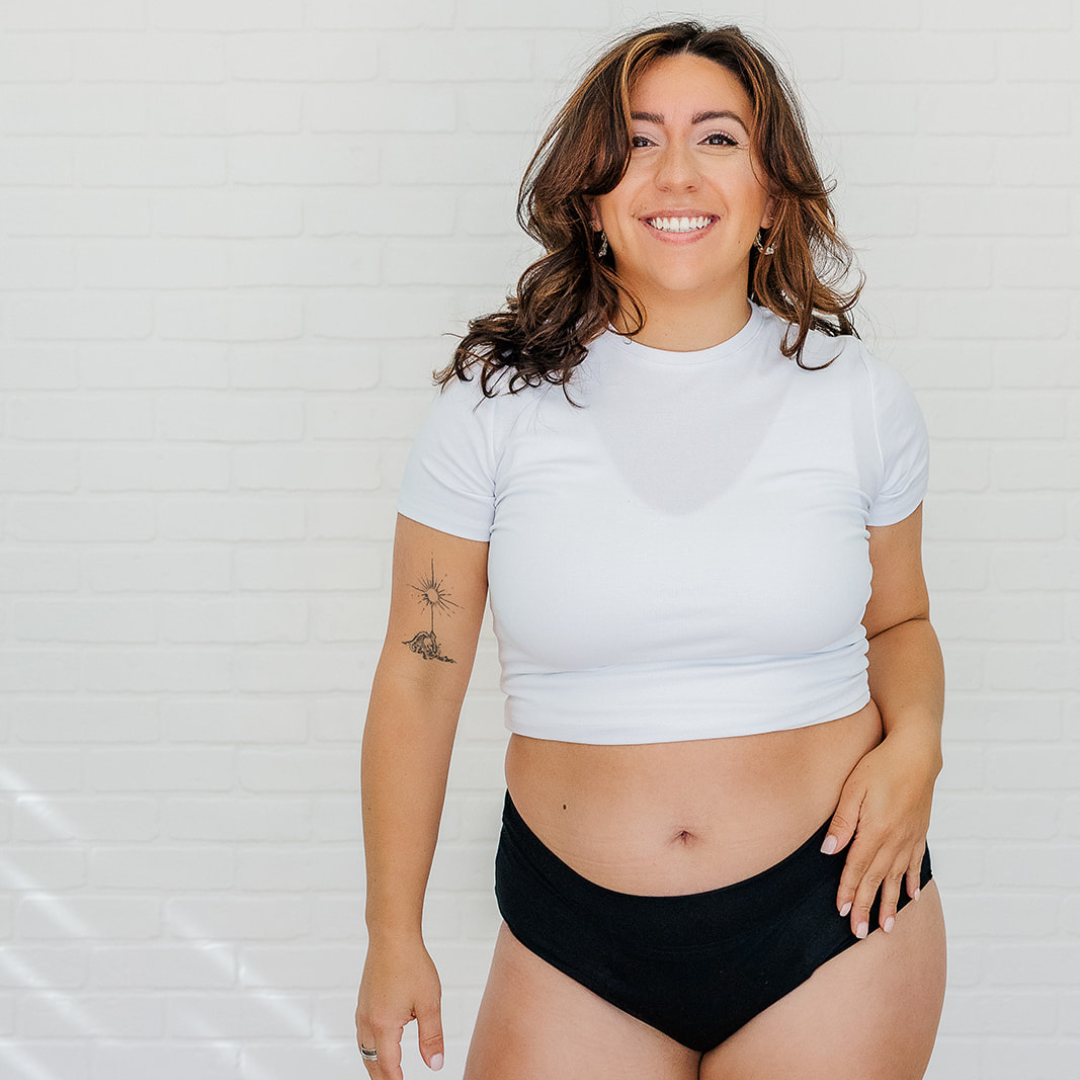Does cold weather make your cycle worse?
Now that winter is approaching, have you noticed any changes in your energy levels, mood or general mood wellbeing? Do you find your PMS symptoms start to get worse as the temperature drips?
You’re not imagining it and you’re not alone!
Did you know the colder weather can also impact your menstrual cycle?
Several scientific studies have found that menstruators often experience seasonal shifts in their hormone levels, flow, and even period cramps!.
Does Cold Weather Change Menstrual Cycle Length?
A recent study found that lower exposure to sunlight during winter months can affect and change melatonin production, which indirectly impacts menstrual cycles by influencing estrogen and progesterone levels. This can lead to slight changes in cycle length and flow, with some people experiencing shorter, lighter periods in the winter compared to the warmer months (this is not what we were expecting, tbh).
Pro tip: Maintaining your body’s vitamin D and melatonin levels, either through sunlight exposure or supplementation, may help regulate hormonal fluctuations associated with seasonal changes. Foods rich in omega-3s and vitamin D, such as salmon and fortified dairy products, may also support hormonal balance during winter.
Are period cramps worse in winter?
Yup, you haven’t been imagining it! In colder temperatures, blood vessels constrict to help preserve core body heat, which can reduce blood flow to the uterus and therefore intensify that pesky cramping.
Pro tip: Try using a heating pad or warm compress on your lower abdomen, which can help increase blood flow and relax muscles (plus, it just feels goood). Gentle exercise (yoga or a gentle walk, for instance) can also work wonders to relieve tension and soothe cramps.
The winter blues?
Seasonal changes in sunlight exposure can reduce serotonin levels, leading to mood fluctuations. This doesn’t just affect menstruators but it can be exacerbated by PMS.
Also, the cold weather may cause a drop in dopamine levels, further affecting your mood and amplifying any PMS symptoms.
Pro tip: Spending time outside when possible, especially during daylight hours, can increase serotonin levels and therefore help lift your overall mood. Regular physical activity and mindfulness practices are also super helpful.
Hydration and Cold Weather: A Surprising Connection
Many people feel less thirsty in the winter, which can lead to mild dehydration—a factor that can influence period symptoms. Dehydration makes blood thicker, which can worsen your period pains.
Staying adequately hydrated helps keep your blood flowing smoothly, which may ease cramping and bloating.
Pro tip: Make a conscious effort to drink enough water throughout the day, even if you don’t feel as thirsty as you do in the summer. Warm herbal teas are a great way to stay hydrated and cozy during winter. Our favourite is ginger tea.
Our hot take on colder weather
By understanding the seasonal effects on your body, you can take steps to feel your best, even in the coldest months. Whether it’s by bundling up, using heat therapy, or simply hydrating a bit more, small adjustments can make a big difference in supporting your menstrual health through winter.
Sources:
1. Chiazze, L., Jr., et al. (1968). *Seasonal Variation in Menstrual Cycle Length.* Gynecological Endocrinology.
2. Harlow, S. D., et al. (2013). *Impact of Cold Temperatures on Menstrual Pain.* American Journal of Obstetrics and Gynecology.
3. Parker, G., Brotchie, H., & Graham, R. (1995). *Seasonal Affective Disorder and PMS.* Journal of Affective Disorders.
4. Blundell, J. E., et al. (2014). *Seasonal and Environmental Factors Affecting Energy Expenditure.* Frontiers in Endocrinology.
5. Sawka, M. N., et al. (2005). *Hydration Strategies for Optimal Health.* American Journal of Clinical Nutrition.








